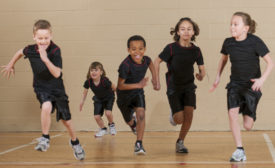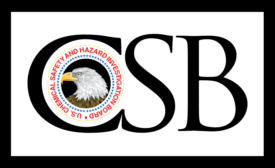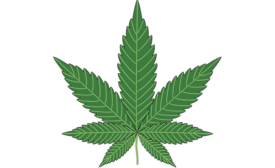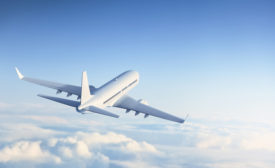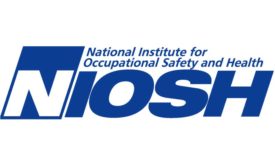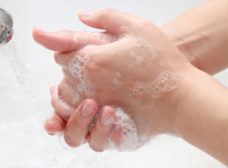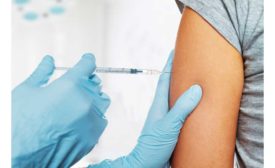News
CSB reverses policy, will name names of chemical accident victim
Had stopped so companies wouldn't have implied culpability
September 18, 2019
FAA: Company that sells airplane parts faked airworthiness documents
A "serious risk to the flying public”
September 17, 2019
A NIOSH Science Blog post
Reducing fatigue and stress in the retail industry: Workplace solutions
September 17, 2019
Never miss the latest news and trends driving the safety industry
eNewsletter | Website | eMagazine
JOIN TODAYCopyright ©2024. All Rights Reserved BNP Media.
Design, CMS, Hosting & Web Development :: ePublishing
